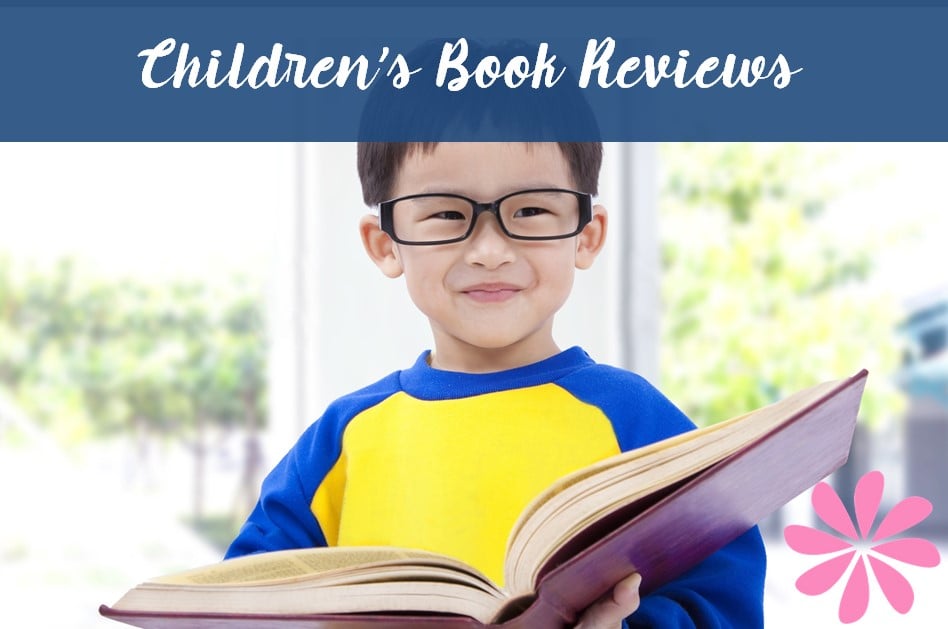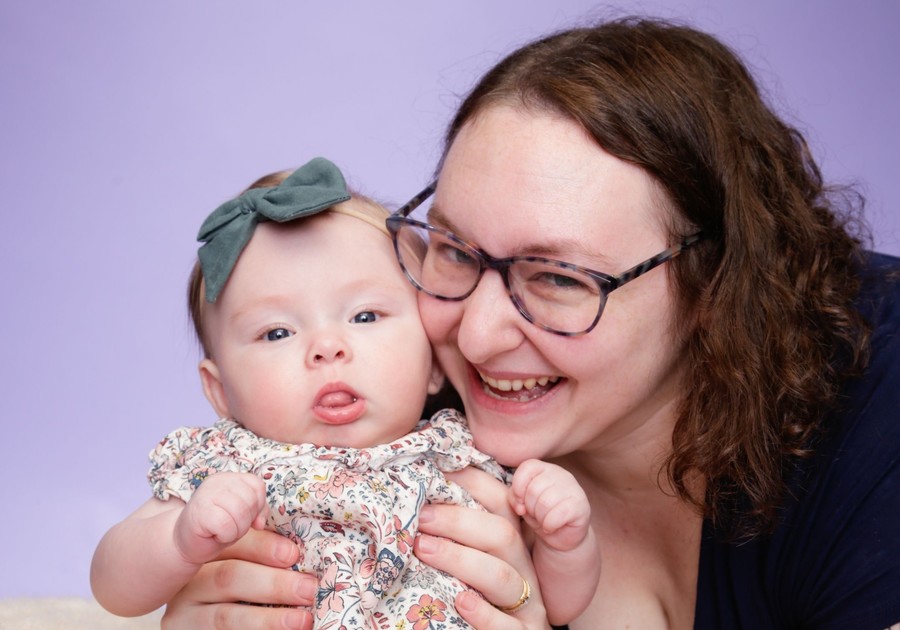Every September, as the school year begins anew, I start to wonder how I can build successful relationships with each family in my class. No matter how many times I have navigated the start of a new school year, it is still filled with nervousness and hesitation. I can feel the anxiety in the room as parents enter for the first time.
As a teacher, I don’t want to come off too strong - I really don’t have all of the answers, but I do have a good deal of knowledge about how to address a lot of behavioral situations that pop up during the year! I also make a point not to judge. You may feel sheepish that your child still needs a pacifier for comfort, or isn’t ready to use the potty yet - but these things are not even on my radar.
At the beginning of the year, I am solely focused on how to best care for your child and how I can gain their trust to help them start learning. Please don’t feel embarrassed or worried that your child’s teacher is going to treat your child differently if they haven’t quite gotten to a presumed level of maturity. Each child is very different, and we celebrate that.
After the first tentative days of getting to know one another have passed, I find myself thinking about the best way to share my knowledge of early childhood education and to really address and help with development and tricky stages at home. Sometimes it feels like a carefully choreographed dance that teachers and parents need to engage in - not too personal, not asking too many questions, but still trying to figure out what is best for each child. Truly, your child’s teacher is there to help you and give suggestions on what may work for your family. If your child is thriving at home, they will be thriving at school too. Share what works for you at home, and educators will also share the ways they help your child engage at school.
Don’t feel your questions are a bother or burden to your child’s teacher. We went to school to study early childhood, and enjoy using our research and knowledge to aid your family. We actually love getting a better picture of a child, and to understand their behaviors (good or bad!) and how they may have started. It’s really helpful for us! And it allows us to better help you!
After years in the classroom, teachers pick up on patterns, collect tips and pointers from prior families, learn little games and books that seem to calm the rough patches your child may be going through. We are happy to share these little gems. A relationship between a family and a teacher should be mutually beneficial; it is a give and take where trust about the welfare of the child is front and center.
One year there was a child in my class who had a lot of meltdowns, especially in the early hours of the school day. He was not able to communicate his emotions without screaming and crying and sometimes throwing himself on the floor. At first, it was difficult to understand why he might be going through this emotional process so often. During the rest of the school day, he was happy and able to use language to express his thoughts and feelings. After opening up a dialogue and speaking with his parents, we figured out that his lack of interest in eating his breakfast was part of the issue. As we worked together and communicated our observations, we were able to determine that he needed to have a snack right away for his morning to run more smoothly.
A little girl in my class woke up with frequent nightmares during nap time. She would be hysterical and it would take a lot of time before she would calm down and get herself back to sleep. We tried a lot of different tactics to help – but it just wasn’t helping. Terrors and nightmares are particularly difficult to help with. However, her parents had come up with a way to ease her fears by drawing a sign that she held on to during her nap to keep the nightmares away. As soon as we implemented the sign for a nap at school, she stopped having as many scary dreams.
Working together with your child’s teacher to address the positive and negative behaviors of early childhood creates the best possible outcome.
The key to any relationship is trust, and I feel it’s very important that you try to trust your child’s teacher. If you are having doubts, it’s imperative you speak with the school’s administration to try and work through any lingering doubts you may have about your child’s care.
Rachel McMinn is an early childhood educator at Buckle My Shoe Preschool in Tribeca, who has taught the young 2-year-olds for almost nine years. She holds a Masters in Early Childhood Education from Hunter College and a Writing degree from Pratt Institute. She lives in Brooklyn with her infant daughter, post-production & screenwriting husband, and two attention-seeking cats.
Buckle My Shoe | Facebook | Instagram
Related articles:
How to deal with Separation Anxiety
List of Preschools in Lower Manhattan
 |  |  |
Macaroni Kid Lower Manhattan is the family fun go-to source for the latest and most comprehensive information in our area. Subscribe for FREE today.



